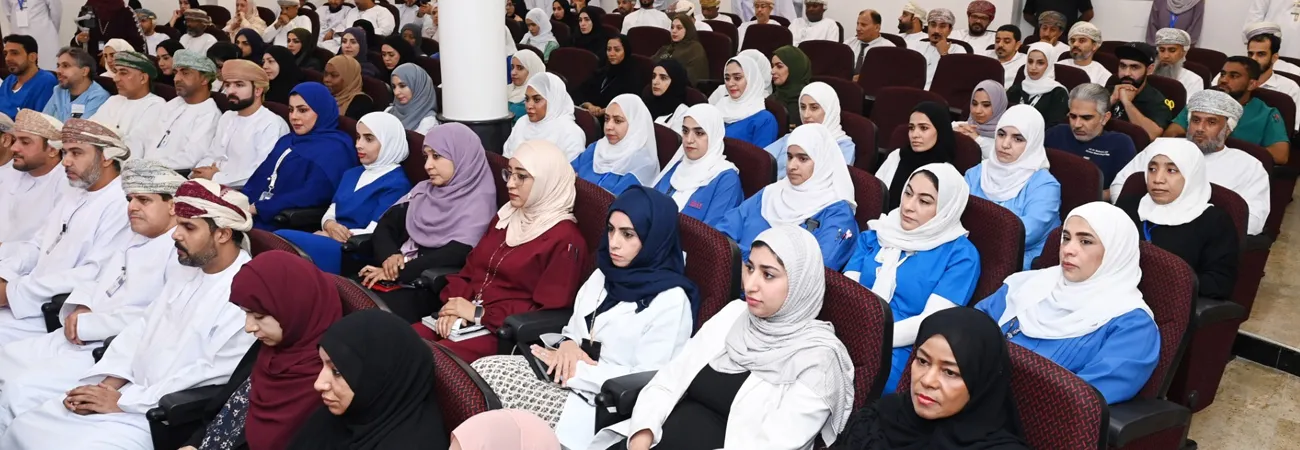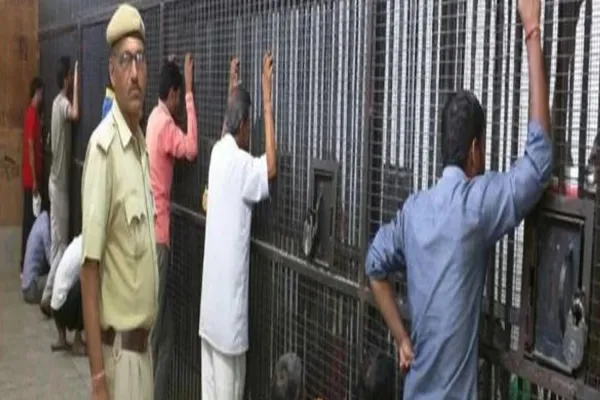i NEWS INTERNATIONAL
Oman introduced a series of health initiatives designed to address challenges and reduce waiting times for medical services at Khoula Hospital and Al Nahda Hospital. The Ministry of Health, through the Directorate General of Khoula Hospital officially launched under the patronage of Dr Hilal Ali Al Sabti, Minister of Health. One of the key initiatives focuses on significantly reducing MRI scan wait times. Khoula Hospital plans to conduct 12,000 MRI scans over the next year, with a daily target of 45 to 50 scans on weekdays and 20 on weekends. This effort aims to bring MRI appointment wait times down to less than four weeks, a sharp improvement from the previous wait of up to 16 months in 2021 and 2022. In addition, the Ministry is expanding endoscopy services at both hospitals, increasing the number of endoscopy rooms from one to three.
This expansion is expected to reduce waiting times for endoscopy procedures from one year to two months, with a further goal of cutting routine appointment waits to four weeks. Other initiatives include performing 1,000 tonsil and adenoid removal surgeries within a year, at a rate of 83 surgeries per month. The plan also involves activating operating rooms in Khoula Hospital’s Day Care Building to support these efforts. The Ministry has also set a target of 1,000 knee replacement surgeries over the next year, with 27 surgeries scheduled per week, including on weekends. This initiative aims to reduce the current waiting time from 700 days to 120 days. Furthermore, the plan includes performing 1,500 cataract surgeries within a year, with 1,000 surgeries at Al-Nahda Hospital and 500 at Khoula Hospital.
These surgeries are expected to reduce the cataract surgery waiting list by 50%, with an average of eight cases scheduled per day. To further alleviate wait times, an evening clinic has been activated at Al-Nahda Hospital’s Dentistry and Oral, Maxillofacial Surgery Department. Over the next three months, the clinic will treat more than 900 patients, reducing emergency case wait times to two weeks and routine appointments to less than six weeks. Additionally, a program has been launched to complete urgent dental treatments for special needs patients under general anesthesia within four months. This initiative includes increasing the number of operating rooms available for these procedures during weekdays, aimed at reducing surgical wait times.
Credit: Independent News Pakistan









